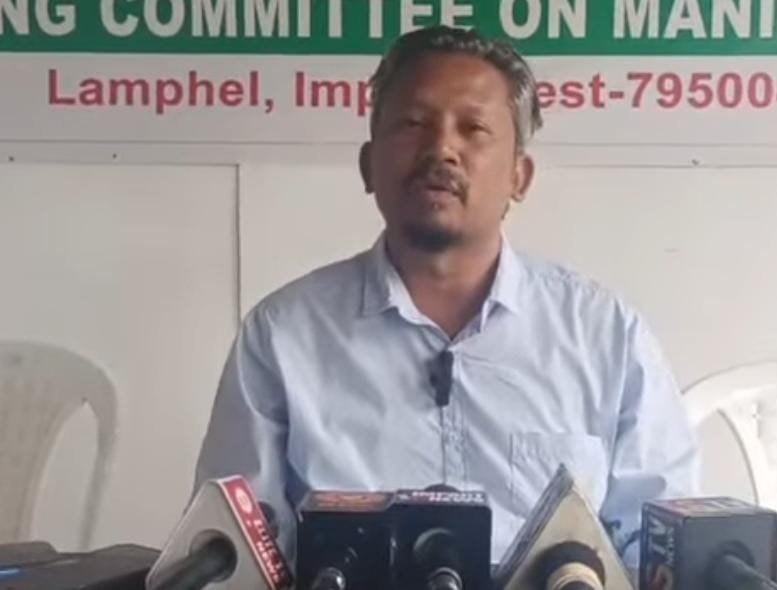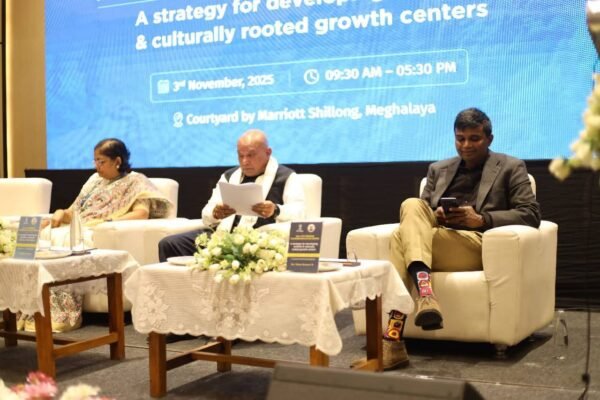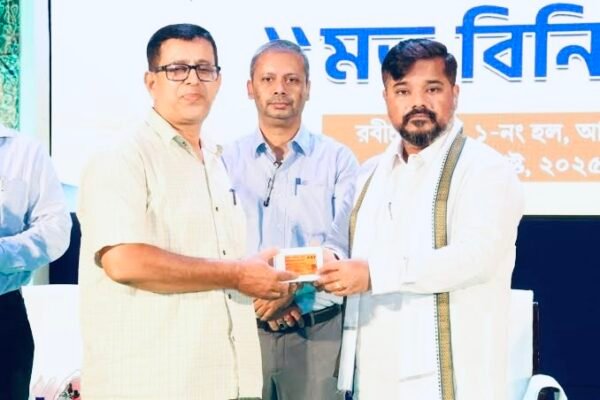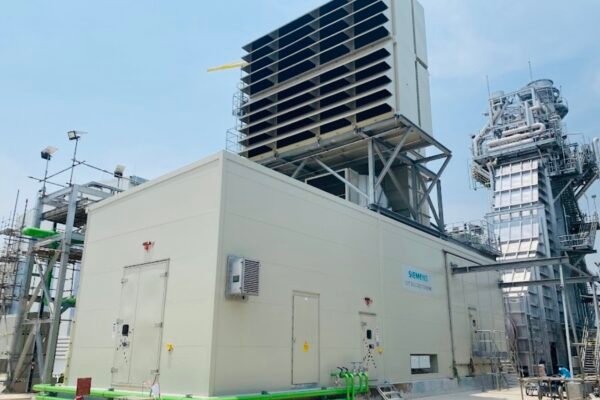The Farmers’ Wing of the Coordinating Committee on Manipur Integrity (COCOMI) has voiced serious concern over the persistent attacks on farmers by armed Kuki militants, accusing both the state government and central security forces of failing to ensure the safety of cultivators despite repeated assurances.
Addressing the media, the Wing’s convenor questioned the credibility of security arrangements and demanded to know when farmers would be allowed to work their fields without fear. He called for the declaration of specific timings for agricultural activities in vulnerable areas to avoid further confusion and risk.
“The government has failed to give clear instructions or provide full-time protection. Farmers are confused and hesitant, not knowing when it is safe to cultivate their land,” he said.
The convenor condemned the June 19 firing incident at Pubala High Canal, where a farmer was injured after armed militants allegedly fired at least five to six rounds at close range, even as central forces were stationed nearby.
“The most shocking part is that the security forces told farmers to run instead of protecting them. This raises serious doubts about their neutrality and suggests possible collusion with the militants,” he alleged.
COCOMI’s Farmers’ Wing has demanded an immediate explanation from authorities and a thorough investigation into the incident. The convenor also revealed that they had earlier urged the government to convene a joint meeting with district officials, security forces, civil society, and farmer representatives to coordinate safe farming practices—an appeal that remains unanswered.
Stating that the delay endangers the lives and livelihoods of thousands, the Wing urged the Deputy Commissioner and Superintendent of Police to urgently hold a joint meeting and establish a concrete plan for farmers to resume work safely.
“Farming cannot wait, and farmers cannot continue to live in fear. The government must act now,” the convenor said, warning that failure to ensure protection and coordination will further threaten the state’s already fragile agricultural backbone.









